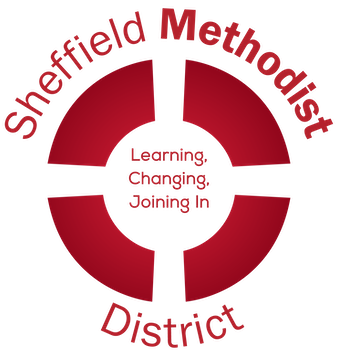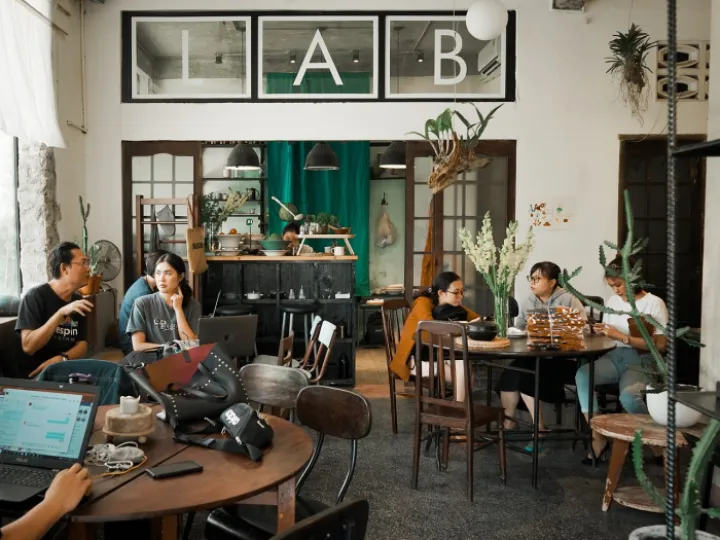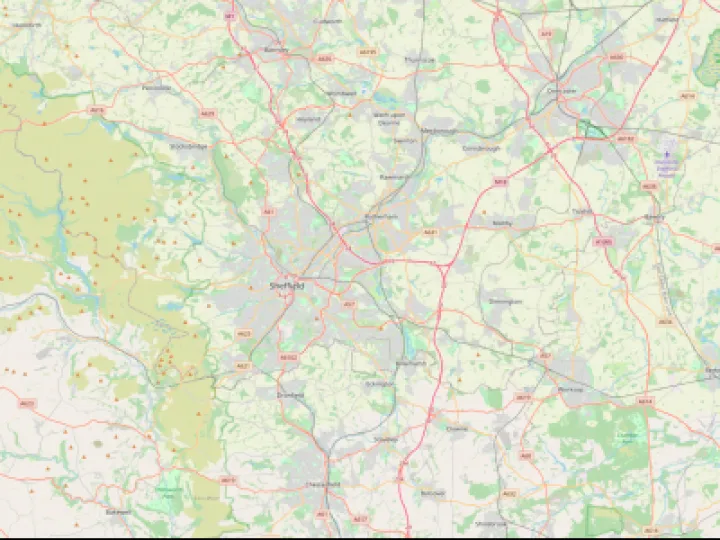Community Consultation tips
Community consultation tips
Our mission is far more likely to succeed if we begin with listening: to our community, to God and to each other. Community consultations or audits may sound intimidating, but a few simple questions asked well can yield powerful insights. Most people want the best for their neighbourhood, will be glad to support your efforts, and will grow their affinity with you and your church through you valuing their opinions.
HOW to ask
Face to face conversations are far more likely to generate responses – resist the temptation to rely on mass emails or posting questionnaires through letterboxes.
Have your questions written in advance, so that you get consistent data.
Record the answers, either by writing yourself or asking the people to write brief responses themselves.
Involve as many people from your congregation as possible. This creates ownership, shares the task, reduces potential bias in your findings, and provides natural links to more people.
Collate and study the results – look for patterns and themes, but also for particular responses which stand out.
Decide whether responses will be named or anonymous.
WHO to ask
Start with people with whom you already have a connection. This could include people who already use your building, plus friends, neighbours and local family.
Speak with people who are likely to have invested time in understanding local needs: councillors, faith leaders, schools, Tenants & Residents Associations, charities, local businesses.
Some councils in our area employ Neighbourhood Coordinators specifically to help local people respond to local needs.
Are there places where people gather that you can – with permission – spend some time asking questions. Or could you organise a community event – such as a BBQ – at which you could ask questions.
WHAT to ask
Stick to a few open questions relevant to your context. Some examples (more than you need) are given here.
- Questions about your neighbourhood:
- What is the best thing about living here
- What would make this a better place to live
- If there was something that could be done to address one of these ideas, what could you offer to help
- In your experience, how much to people talk to their neighbours around here? Why do you think that is?
- Questions about your church
- What do value about this church
- Describe a time when this church has been important for you, or made a real difference
- What does this church do well
- What would help this church to become even better
- Questions about your respondents (where appropriate):
- When did you last experience hope?
- What brought you to live in this neighbourhood?
Gather some basic DATA to compliment your survey
Sketch a map – where are the local bus routes, shops, schools, community venues?
Socio-economic data – this Church Urban Fund tool is a very quick and easy route to some key information https://cuf.org.uk/lookup-tool (you will need the name of your nearest Church of England parish church).
Don't duplicate – if you think you have discovered what your community needs, check that other organisations are not already providing it.
Quick Links
Registered Charity no. 1129363
Get In Touch
admin@sheffieldmethodist.org
0114 270 9990 / 0114 430 0255
Sheffield District Office
Room 47, Victoria Hall Methodist Church
Norfolk Street
Sheffield
S1 2JB


